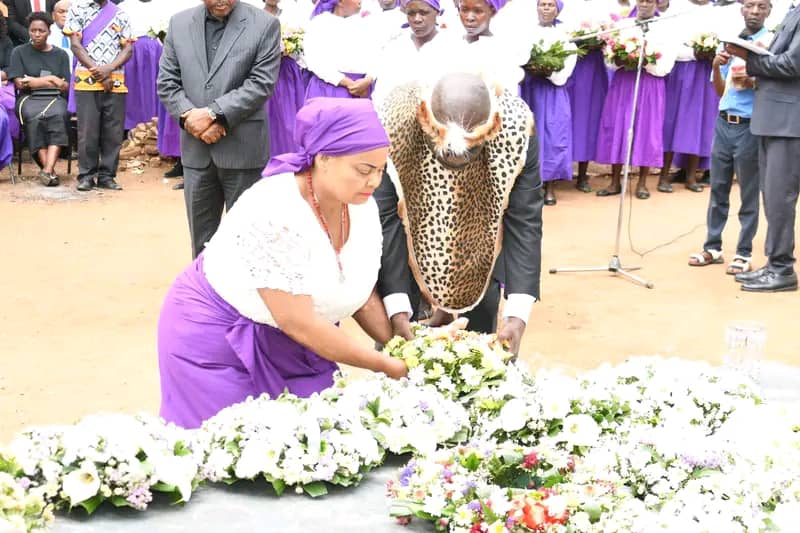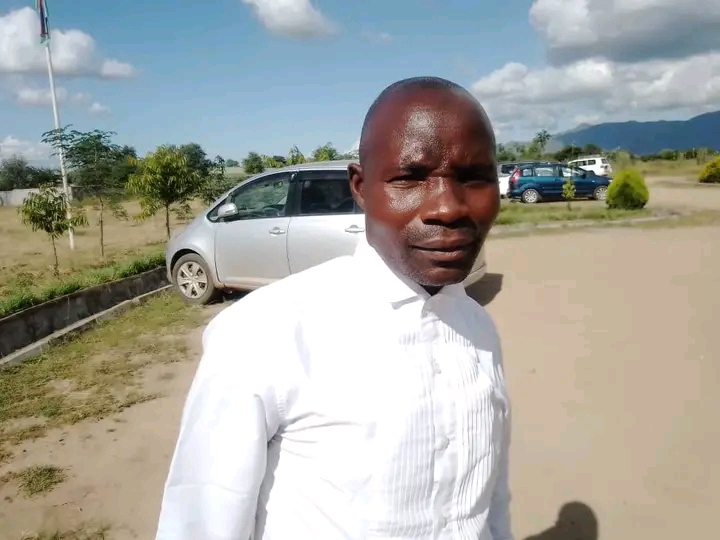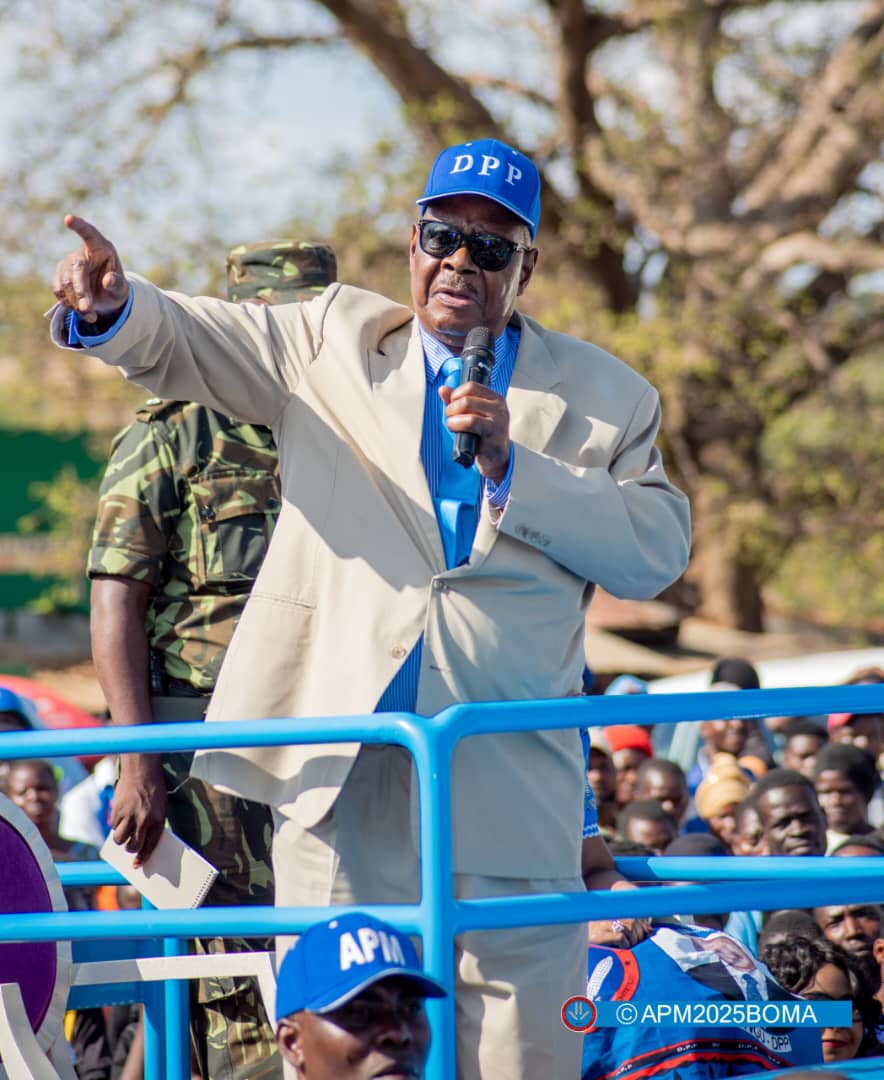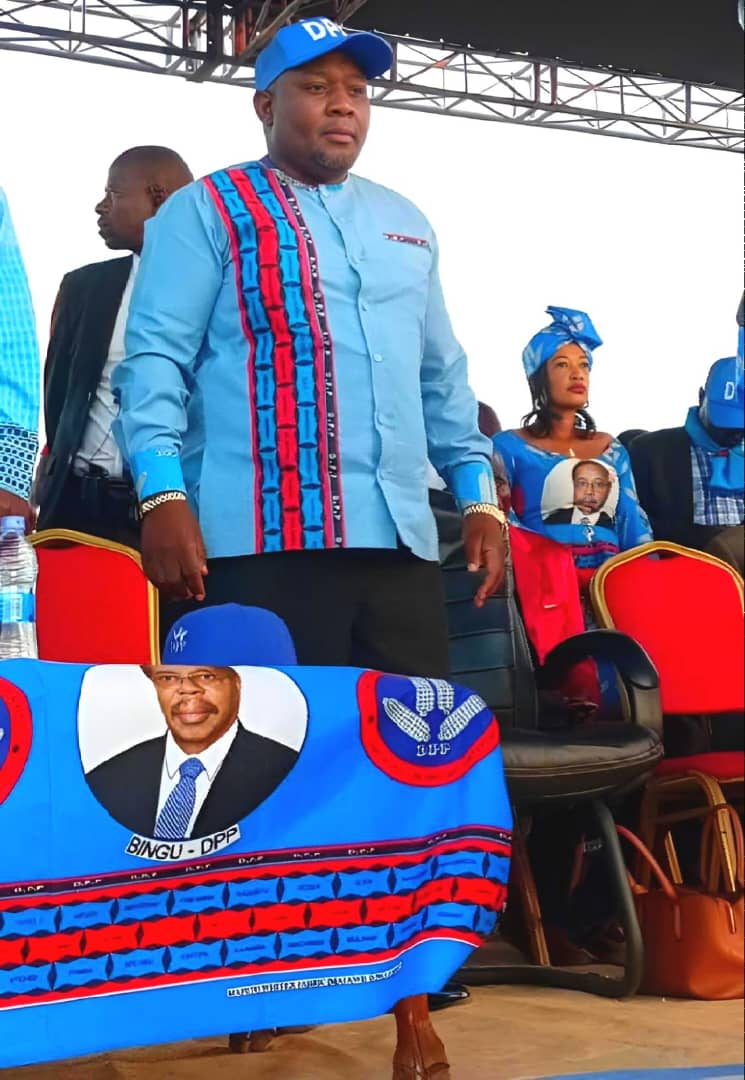By Burnett Munthali
The gathering at Nsipe Parish in Ntcheu marks a significant moment as Malawians come together to honor the late Vice President Saulos Klaus Chilima and the influential musician and presidential advisor on youth, Lucius Banda. This ceremony, held to close the official mourning period, brings together not only family members, such as Mary Chilima and Sunganani Banda, but also high-ranking officials like Vice President Michael Usi, UTM Secretary General Patricia Kaliati, and prominent leaders from across the country, underscoring the legacy left by these two figures.
The attendees, including influential political, social, and traditional leaders such as Inkosi ya Makosi Ngwenyama Gomani V, reflect the broad impact Chilima and Banda had on various sectors of Malawian society. Their legacies span politics, culture, and youth advocacy, shaping the landscape in ways that resonate deeply with the public and government alike.
Chilima’s legacy in public service and leadership
As Malawi’s Vice President, Saulos Chilima was known for his dedication to government reform and public accountability. His work influenced governance reforms aimed at transparency and fighting corruption. Chilima’s focus on policy changes resonated with citizens across political divides, making his loss felt throughout Malawi. His work represented hope for a fairer and more accountable government, and the presence of his widow, Mary Chilima, reflects a nation still grappling with his untimely passing.
Chilima’s impact extended beyond his political base to the general public, where he was regarded as a transformative leader. The prayer ceremony not only honors his contributions but also underscores the void left in Malawi’s political fabric. Figures like UTM Secretary General Patricia Kaliati and Newton Kambala stand as testaments to Chilima’s influence on his political allies and his ability to inspire commitment among colleagues.
Lucius Banda’s cultural influence and advocacy for youth
Lucius Banda’s presence in Malawi’s music industry and his role as a presidential advisor on youth issues made him an icon among young Malawians. Known for his advocacy through music, Banda tackled issues that resonated with the masses, especially the youth. He championed social justice, criticized government excesses, and inspired a generation to stand for change.
As Malawi’s “Soldier of the Poor,” Banda’s legacy is not only in his music but also in his commitment to empowering youth. His widow, Sunganani Banda, stands as a symbol of this legacy, representing the family and community that rallied around Banda’s message. The presence of Inkosi ya Makosi Gomani V at the prayers highlights Banda’s importance not only in music but also in cultural leadership and social change.
Unity and national reflection
This event at Nsipe Parish goes beyond a religious ceremony—it is a national reflection on the contributions of two leaders who dedicated their lives to service. The attendance of traditional leaders, political figures, and family members reflects a collective mourning process that transcends political lines. Vice President Michael Usi’s presence illustrates the spirit of unity, as leaders from various backgrounds come together to honor Chilima and Banda.
The prayers also remind Malawians of the importance of upholding the values these figures stood for. Chilima’s push for accountability and Banda’s advocacy for social justice remain relevant, especially as Malawi continues to navigate political, economic, and social challenges. The gathering is a reminder of the collective responsibility to preserve their legacies.
Conclusion
The end-of-mourning ceremony for Saulos Chilima and Lucius Banda is a solemn yet inspiring reminder of what both men represented for Malawi. Their legacies as leaders, advocates, and cultural icons continue to shape the aspirations of many Malawians. As the nation gathers to pay its final respects, it also recommits to upholding the values they championed. Their lives were a testament to service, justice, and resilience—qualities that will resonate in Malawi’s journey forward.




